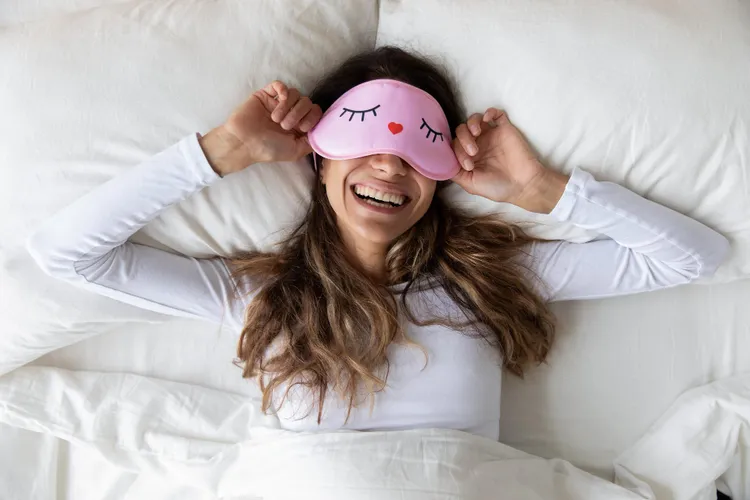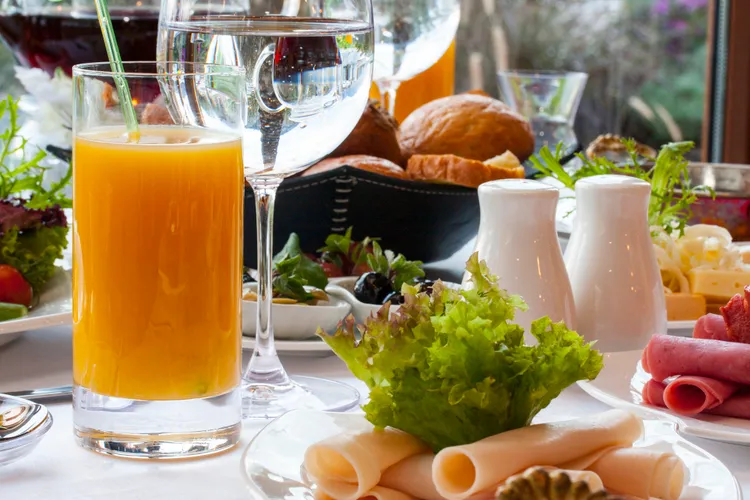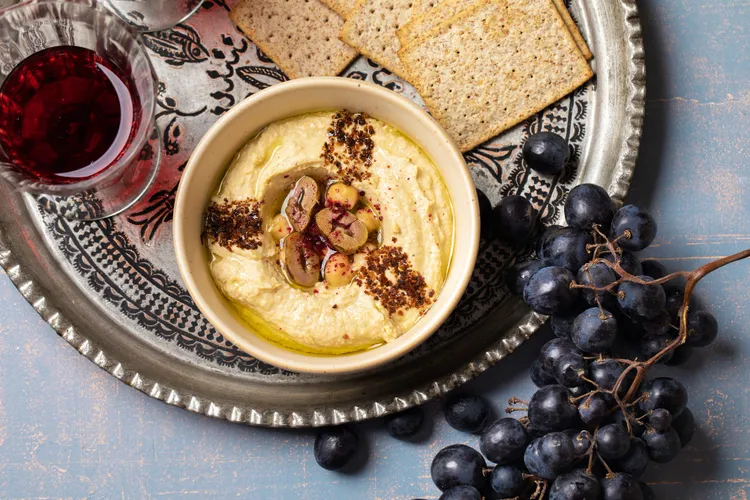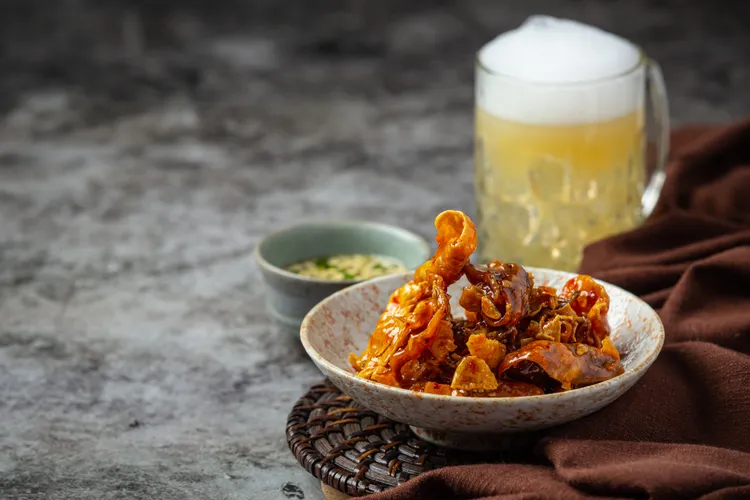Top 5 Foods to Eat for Better Sleep: Unlocking the Secrets to Restful Nights
Getting a good night's sleep is one of the most powerful things you can do for your health - mentally, emotionally, and physically. But if you find yourself tossing and turning at night, you’re not alone. Millions of people struggle with insomnia, restless sleep, or waking up frequently throughout the night. While factors like stress, screen time, and sleep environment all play a role, your diet - specifically what you eat in the evening - can significantly impact how well you sleep. Let’s explore the top 5 foods that can help you fall asleep faster and wake up feeling more refreshed, according to science.

- Cherries – Nature’s Melatonin Boost
Why Cherries Help You Sleep:
Cherries, especially tart cherries like Montmorency, are one of the few natural sources of melatonin, the hormone that regulates your internal sleep-wake cycle. Melatonin levels typically rise in the evening, helping you feel drowsy and preparing your body for rest.
Several studies have shown that consuming tart cherry juice or whole cherries can:
- Improve sleep duration and quality
- Help reduce insomnia symptoms
- Increase levels of melatonin and tryptophan
How to Eat Them:
- Drink a small glass (4-8 oz) of tart cherry juice about an hour before bed
- Add fresh or dried tart cherries to yogurt, oatmeal, or a small evening snack
- Almonds – The Magnesium Powerhouse
Why Almonds Help You Sleep:
Almonds are rich in magnesium, a mineral involved in hundreds of processes in the body - including supporting sleep. Magnesium helps activate the parasympathetic nervous system (the one that helps you relax) and can regulate levels of melatonin.
Low magnesium levels are often associated with:
- Insomnia
- Restless leg syndrome
- Increased nighttime awakenings
Almonds also contain protein and healthy fats, which help regulate blood sugar levels and keep you full through the night.
How to Eat Them:
- A small handful (10-12) of raw or roasted almonds as a bedtime snack
- Mix into a banana-almond smoothie
- Spread almond butter on whole grain toast or apple slices
- Kiwi – The Sleep-Superfruit
Why Kiwi Helps You Sleep:
Kiwi is not only delicious - it’s incredibly rich in nutrients that promote sleep, including:
- Vitamin C (which supports serotonin production)
- Folate
- Potassium
- Antioxidants
A fascinating study found that people who ate two kiwis an hour before bed fell asleep 42% faster, slept 13% longer, and had 5% better sleep quality than those who didn’t.
Kiwis are also low in calories and high in fiber, making them a great healthy option.
How to Eat Them:
- Eat one or two fresh kiwis whole before bedtime
- Blend into a nighttime smoothie
- Add to a fruit and Greek yogurt bowl
- Oatmeal – Comfort Food That Cares
Why Oatmeal Helps You Sleep:
While often considered a breakfast food, oatmeal can make a soothing nighttime snack. Here’s why:
- Oats are a natural source of melatonin
- They are rich in complex carbs, which can make tryptophan more available to the brain
- Warm oatmeal can have a calming effect similar to sipping warm milk or tea
The carbohydrates in oats increase the availability of tryptophan, an amino acid that gets converted into serotonin and then melatonin.
How to Eat It:
- A small bowl of plain oats with a drizzle of honey and banana slices
- Add cinnamon, chopped almonds, or tart cherries for an extra sleep-promoting punch
- Try overnight oats made with almond milk for a cold version
- Fatty Fish – Omega-3s for Better Sleep Cycles
Why Fatty Fish Helps You Sleep:
Fatty fish like salmon, tuna, sardines, and mackerel are rich in two key nutrients for sleep:
- Vitamin D: Helps regulate serotonin and the sleep-wake cycle
- Omega-3 fatty acids (DHA and EPA): Improve sleep quality and reduce sleep latency
A study found that people who ate salmon three times a week fell asleep faster and functioned better during the day compared to those who didn’t.
These nutrients help regulate your circadian rhythm, reduce inflammation, and enhance brain health.
How to Eat It:
- Include grilled salmon or tuna in your dinner 2–3 times a week
- Try a small salmon salad with leafy greens a few hours before bed
- Avoid deep-fried or heavily seasoned preparations, which can cause indigestion
Bonus Tips: Foods to Avoid Before Bed
Just as some foods help you sleep, others can hinder it. Limit these in the evening:
- Caffeine (coffee, soda, chocolate)
- Alcohol (disrupts REM sleep)
- Heavy, spicy, or greasy meals
- High-sugar desserts that spike and crash blood sugar
Final Thoughts: Sleep Smarter by Eating Smarter
Sleep is a cornerstone of health, and what you eat can be a game-changer in your nightly rest. Incorporating these sleep-friendly foods into your evening routine can help your body naturally wind down, produce more melatonin, and experience more restorative sleep.
If you’re looking for a natural, gentle way to improve your sleep - without relying on medication - start in the kitchen.
Remember: Good days start with good nights.









